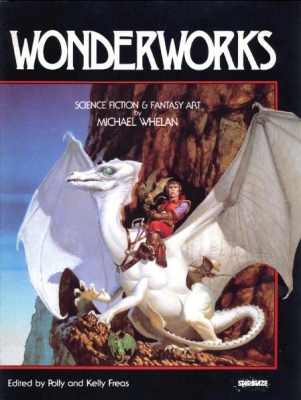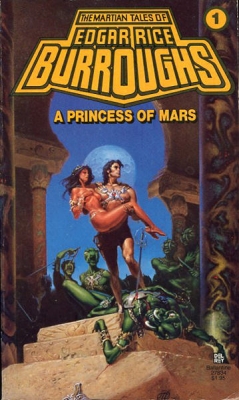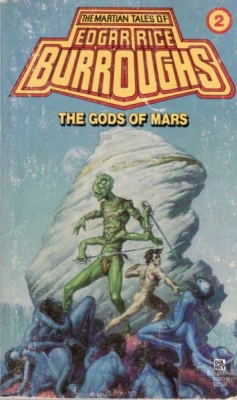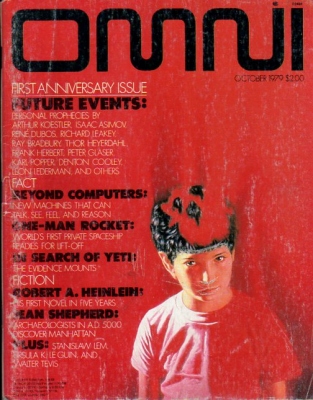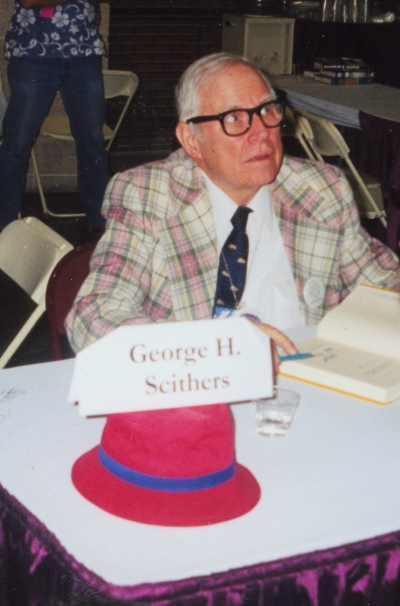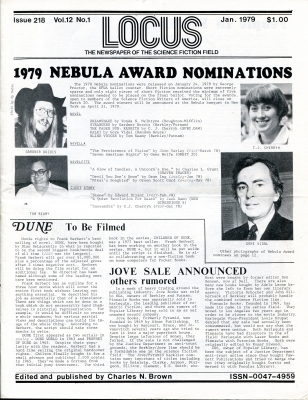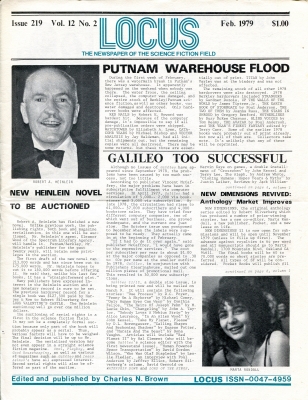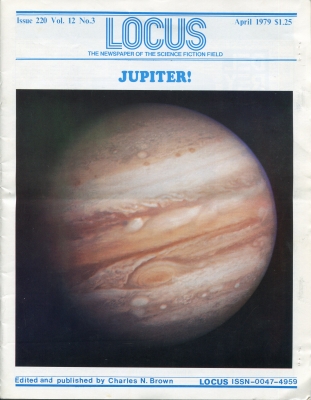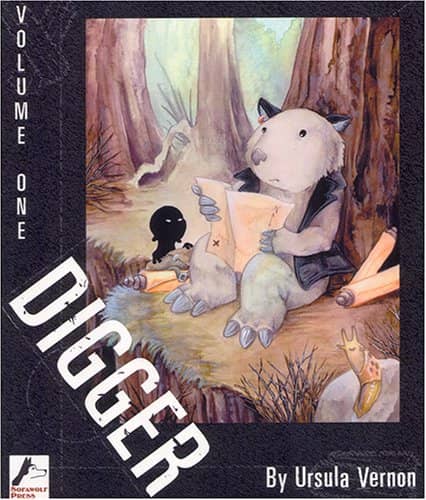The Golden Age of Science Fiction: Michael Whelan
The Best Artist category was not one of the original Hugo categories in 1953, but was introduced at the second awards in 1955, when it was won by Frank Kelly Freas. Since then, some version of the award has been a constant, with the exception of 1957, when the award was not presented. Originally called the Hugo for Best Artist, it eventually became the award for best Professional Artist when the Best Fan Artist award was introduced in 1967. Michael Whelan won his first award in 1980, beginning a seven year run of winning the award. He eventually won the award thirteen times, most recently in 2002, along with two other Hugo Award for Best Nonfiction Book (in 1988) and the first award for Best Original Artwork (in 1992). He has been nominated for the Hugo a total of 31 times.
The Locus Awards were established in 1972 and presented by Locus Magazine based on a poll of its readers. In more recent years, the poll has been opened up to on-line readers, although subscribers’ votes have been given extra weight. At various times the award has been presented at Westercon and, more recently, at a weekend sponsored by Locus at the Science Fiction Museum (now MoPop) in Seattle. The Best Artist award dates back to 1974, although in the three previous years, a Best Paperback Cover Artist award was presented and in the previous two years a Best Magazine Artist awards was presented. The first Professional Artist award was won by Frank Kelly Freas. Michael Whelan won his first award in 1980, beginning a twenty-one year run of winning the award. He eventually won the award thirty times, with one additional win for Best Art Book in 1994. In 1980. The Locus Poll received 854 responses.
